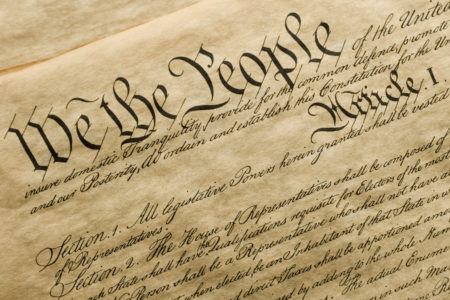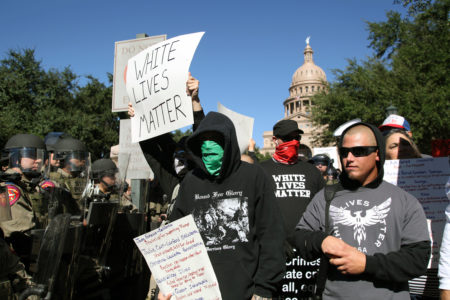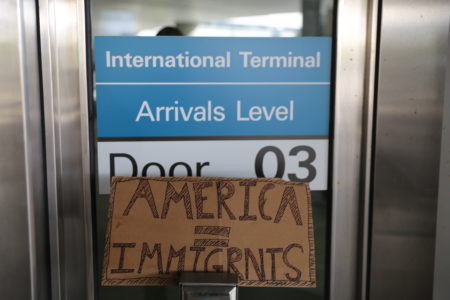
Response
The Struggle Against Empire Continues
Reflections on Migration as Decolonization
by Chantal Thomas
Migration as Decolonization telegraphs the essence of a postcolonial approach to the assertion of sovereign territorial exclusion. Tendayi Achiume’s concept of “de-imperial migration” clarifies and enhances a set of important critiques and should justly impact not just legal scholarship but also broader public discourse. This Response brings out two of the concepts in Migration as Decolonization and relates them to Professor Thomas' earlier discussions of “interconnectedness” between migration-sending and migration-receiving territories.



















